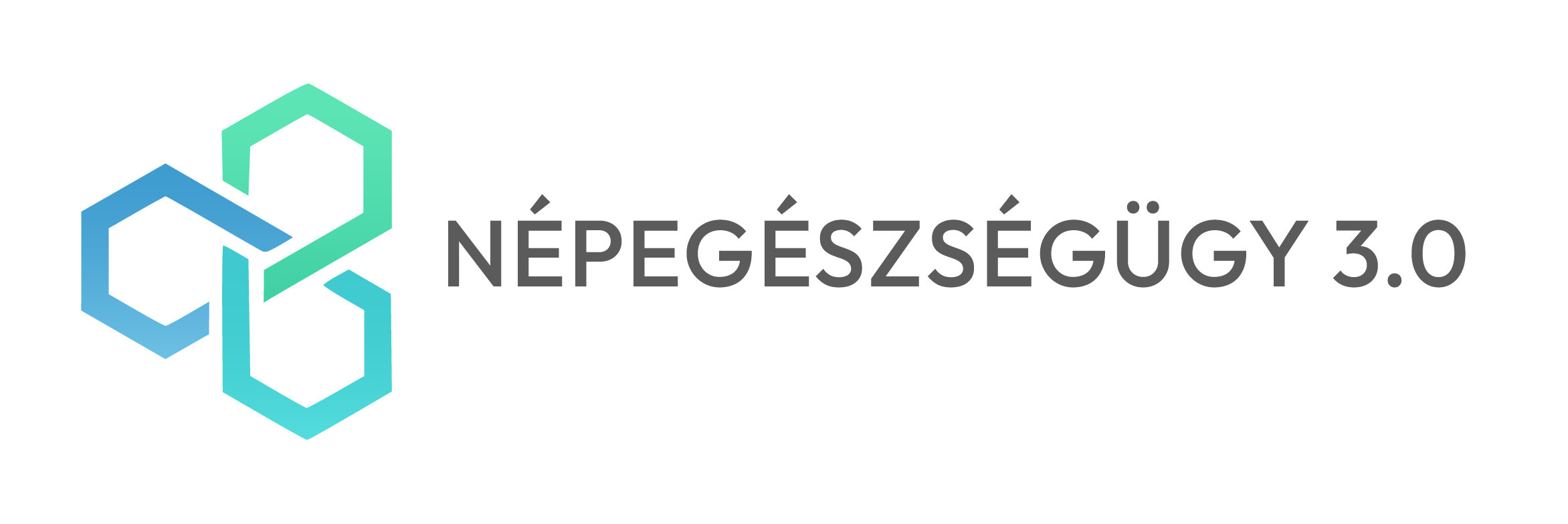The Potential Application of Artificial Intelligence in Advancing University Wellbeing
Abstract
OBJECTIVE: Recognizing the significance of organizational and individual well-being, higher education institutions aim to understand and promote well-being within this setting. However, the multifaceted nature of well-being and its applicability in higher education is not yet fully clarified. Our objective is to explore the extent to which artificial intelligence (AI) can support scientific research and organizational development related to this.
ACCOMPLISHMENT: We conducted an exploratory experiment with the ChatGPT version 4.0, which enabled the use of the Bing search engine. A total of three questions (and one clarifying question) were posed in English on October 5, 2023. Firstly, we were curious about the knowledge AI has regarding comprehensive well-being research of recent years, essentially if the information provided by it can be applied for scientific purposes. Secondly, we sought to answer whether, based on this knowledge, it can provide advice on improving well-being at organizational and individual levels. Suggestions included, among others, mental hygiene services, creating a supportive environment, flexible study guidelines, physical health initiatives, and strategies for personal well-being development.
CONCLUSIONS: Based on the results, ChatGPT 4.0 can provide a useful starting point and inspiration for well-being research and organizational development initiatives, although the answers are limited in terms of scientific credibility and real sources. The application of artificial intelligence can provide primary insight and inspiration for higher education leaders and developers while supporting the design and refinement of well-being programs within higher education institutions.
References
Bech, P., Olsen, L. R., Kjoller, M., & Rasmussen, N. K. (2003). Measuring well‐being rather than the absence of dis-tress symptoms: a comparison of the SF‐36 Mental Health subscale and the WHO‐Five well‐being scale. In-ternational journal of methods in psychiatric research, 12(2), 85–91.
Crisp, R. (2011). Wellbeing. The Stanford Encyclopaedia of Philosophy. Zalta, E. N. (ed.). http://plato.stanford.edu/entries/well-being/
Danna, K.; Griffin, R. W. (1999). Health and Wellbeing in the Workplace: A Review and Synthesis of the Literature. Journal of Management, 25(3), 357–384
Dajnoki, Krisztina, Kőmíves, Péter Miklós, N., Szabados, Éva, Bácsné. (2020). Factors influencing well-being at work. Hadtudomány. 30, 183–197, 10.17047/Hadtud.2020.30.E.183.
Diener, E.; Suh E.; Lucas R. E.; Smith H. (1999). Subjective well-being: Three decades of progress. Psychological Bulletin, 125, 276–302.
Moher, D., Stewart, L., & Shekelle, P. (2016). Implementing PRISMA-P: recommendations for prospective authors. Systematic reviews, 5, 1-2.
Shimmack, U. (2006). Internal and External Determinants of Subjective Well-being: Review and Policy Implications. Yew-Kwang Ng, Lok sang Ho (eds): Happiness and Public Policy. Palgrave Macmillan, England. 67−88.
Warr, P. (2007). Work, happiness and unhappiness. Lawrence Erlbaum Associates Publishers, New Jersey.












